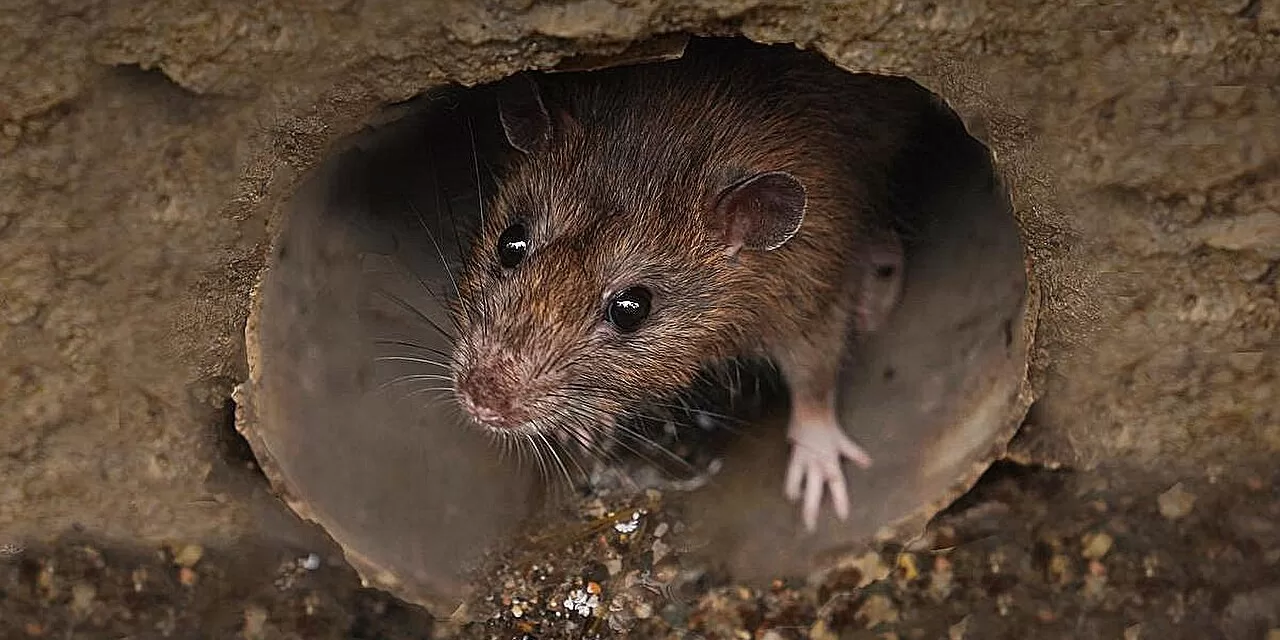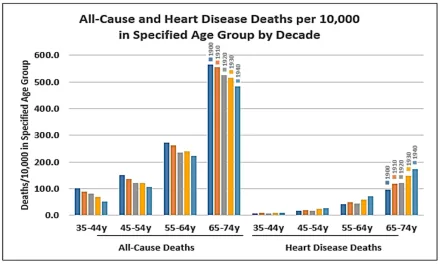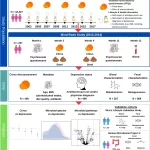For the first time, bird flu has been detected in rats, according to a recent confirmation by the U.S. Department of Agriculture (USDA). The virus, officially known as H5N1 avian influenza, was found in four black rats in Riverside County, California, where two recent poultry outbreaks were reported.
Officials believe the rats likely contracted the virus after being exposed to infected birds on nearby farms. This discovery adds to a growing list of mammalian species affected by the virus, including mice, a fox in North Dakota, a bobcat in Washington state, a mountain lion in Wisconsin, a harbor seal in Massachusetts, and two domestic cats in Oregon.
The USDA noted that the Oregon cats likely became infected due to consuming raw pet food contaminated with the virus. These findings underscore the virus’s ability to spread across different species, raising concerns among health and agricultural authorities.
The confirmation comes amid challenges at the USDA, which recently laid off several bird flu experts due to budget cuts. These cuts were recommended by the Department of Government Efficiency (DOGE), a division overseen by billionaire Elon Musk. However, the USDA has since stated it is working to rehire the affected personnel to ensure continued response efforts.
Veterinarians and emergency response personnel were exempted from layoffs, allowing critical efforts to contain the virus to continue. Since the bird flu outbreak began in the U.S. in 2022, more than 162 million birds have been affected, according to the U.S. Centers for Disease Control and Prevention (CDC).
The virus was also detected in dairy cows for the first time in March 2024. In addition, 70 human cases have been reported, primarily among dairy and poultry workers. Tragically, one person—a Louisiana resident—has died from the virus, according to the CDC.
Health officials continue to monitor the spread of H5N1 and urge caution, particularly in agricultural and livestock sectors.
Disclaimer: This article is for informational purposes only and does not constitute medical or veterinary advice. Readers are encouraged to consult official sources such as the USDA and CDC for the latest updates on bird flu and its potential impacts.










